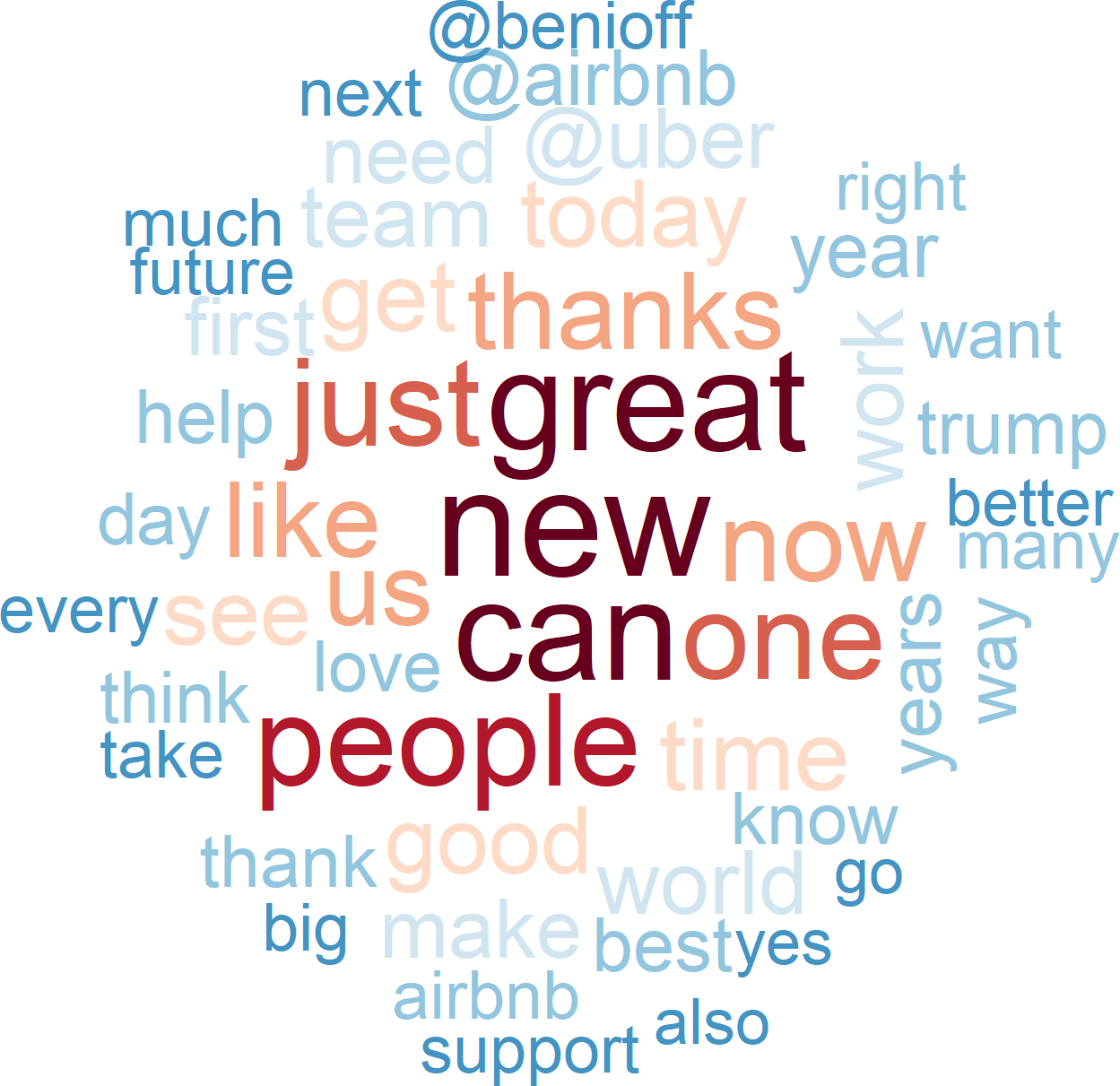A new study published in PLOS One has highlighted an interesting fact about the meritocratic views that most of the elites belonging to the tech world share on social platforms particularly on Twitter.
For this study, the researchers collected data from over 49700 tweets in total from almost 30 verified Twitter accounts belonging to an elite group of people whose names have been mentioned in Forbes lists of the richest people in the tech world. The researchers also collected their statements on various websites where they work as philanthropists too and share their views often. All these tweets and statements from the elites of the tech world were compared against 17 statements from other elite people who belong to a non-tech background.
When their Twitter and other online statements were compared and analyzed, it was found out the elites of the tech world believe in meritocracy more and give value to institutions and people on the basis of their merit and capabilities.
On Twitter, these people mostly use words like ‘new’ and ‘great’ in their tweets amongst other things generally pointing towards positivity, disruption, and urges to make the world a better place to live. They also often refer to other tech firms and individuals who can be considered as their peers in the tech world.
Surprisingly, this analysis also showed that the authors of these tweets (presumably the elites from the tech world, however, due to certain limitations in the research, it is not known whether these tweets were written by some PR Manager for these well-known personalities) did not see any difference between democracy and money. It ‘sort of’ felt as if their views on both democracy and money were kind of unclear or they understood and yet denied any connection between the two.
Now, this view is shared amongst the elites of the tech world only, while the rest of the elites from other backgrounds and all the other general public also does not share these views.
When the statements of their philanthropic missions were analyzed, it was found out that these people from the tech world use terms like ‘education,’ ‘work,’ and ‘social’ along with statements about their personal companies and endeavors in all these regards.
When the sentiment analysis of these statements was done by the researchers, the overall conclusion was that the tech elites have a meritocratic view of the world, which is good but can also be bad if it makes these people less self-critical, more selfish, and more inclined towards discrimination.
Read next: The number of cases of online harassment have grown more severe in recent years that in every 10 Americans, 4 have experienced the behavior
For this study, the researchers collected data from over 49700 tweets in total from almost 30 verified Twitter accounts belonging to an elite group of people whose names have been mentioned in Forbes lists of the richest people in the tech world. The researchers also collected their statements on various websites where they work as philanthropists too and share their views often. All these tweets and statements from the elites of the tech world were compared against 17 statements from other elite people who belong to a non-tech background.
When their Twitter and other online statements were compared and analyzed, it was found out the elites of the tech world believe in meritocracy more and give value to institutions and people on the basis of their merit and capabilities.
On Twitter, these people mostly use words like ‘new’ and ‘great’ in their tweets amongst other things generally pointing towards positivity, disruption, and urges to make the world a better place to live. They also often refer to other tech firms and individuals who can be considered as their peers in the tech world.
Surprisingly, this analysis also showed that the authors of these tweets (presumably the elites from the tech world, however, due to certain limitations in the research, it is not known whether these tweets were written by some PR Manager for these well-known personalities) did not see any difference between democracy and money. It ‘sort of’ felt as if their views on both democracy and money were kind of unclear or they understood and yet denied any connection between the two.
Now, this view is shared amongst the elites of the tech world only, while the rest of the elites from other backgrounds and all the other general public also does not share these views.
When the statements of their philanthropic missions were analyzed, it was found out that these people from the tech world use terms like ‘education,’ ‘work,’ and ‘social’ along with statements about their personal companies and endeavors in all these regards.
When the sentiment analysis of these statements was done by the researchers, the overall conclusion was that the tech elites have a meritocratic view of the world, which is good but can also be bad if it makes these people less self-critical, more selfish, and more inclined towards discrimination.
Read next: The number of cases of online harassment have grown more severe in recent years that in every 10 Americans, 4 have experienced the behavior




